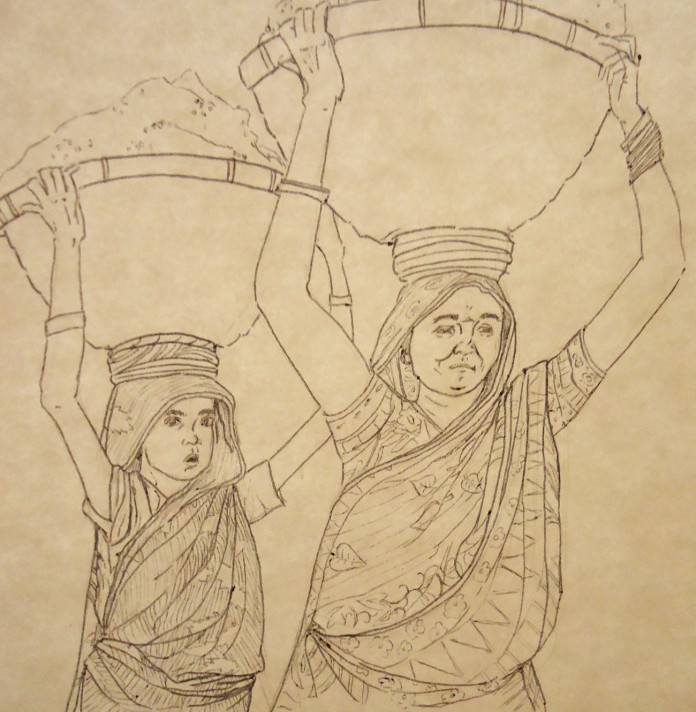Writer
Photo by Leona Cheung
From coffee and tea, to bananas and chocolate, more and more products across the country have been certified as Fair Trade commodities over the past several years.
UCSB’s dining commons serve Fair Trade coffee, and several businesses in IV also promote Fair Trade products. But despite this noticeable upward trend, many people are still unsure about what the Fair Trade business model really is.
Unlike free trade, in which agreements between nations are made to reduce barriers controlling international trade, Fair Trade is a business model under which farmers and growers are ensured that they will receive a fair and decent wage for the goods that they sell. The Fairtrade Labelling Organizations International (FLO) create and enforce exact Fair Trade International Standards to be adhered to.
Representing the United States specifically, Fair Trade USA is a nonprofit organization that certifies Fair Trade products made in the U.S. Fair Trade USA certification ensures fair and decent living wages for workers, safe working conditions, and guarantees workers the right to organize.
Businesses in IV, such as the IV Food Co-op and Caje, provide opportunities for community members to become aware of and engage in Fair Trade by offering these
products for consumption.
“We want you guys to be aware of what you guys are purchasing,” said Melissa Cohen, General Manager at the Co-op. “We’re trying to give you the best possible options in terms of providing the highest quality, both in terms of ingredients and in terms of processing.”
Eddy Monge, Marketing Manager at Caje, had similar sentiments.
“We get to taste the difference of the coffee too,” Monge said. “We care about making people’s coffee experience better, something that will do the job and will please you,
something that will taste good. We’re not just going to give you any product.”
Despite all of this, some say that Fair Trade foods are too expensive for a college student budget.
“I am concerned that people will simply not purchase Fair Trade goods to a significant degree if they cost too much,” Anthony Hearst, a third-year chemical engineering major said. “As a college student, I do not expect myself or other students to purchase Fair Trade due to the extra financial cost.”
However, Monge encourages people to look at the bigger picture and the benefits of promoting Fair Trade locally and internationally.
“I think it has to do with more than the person consuming the product benefiting from it, but also people from other countries producing the products benefiting from it,” Monge said. “By us consuming underdeveloped countries’ products, we are helping them develop. It does make a difference for small business families and as a whole it will help the country develop.”
Cohen agreed, emphasizing the significance of supporting Fair Trade.
“Where you spend your dollar really dictates everything,” she said. “Promoting Fair Trade allows people to understand how things are produced. People should have
knowledge that there are different ways of producing things.”


















Comments are closed.